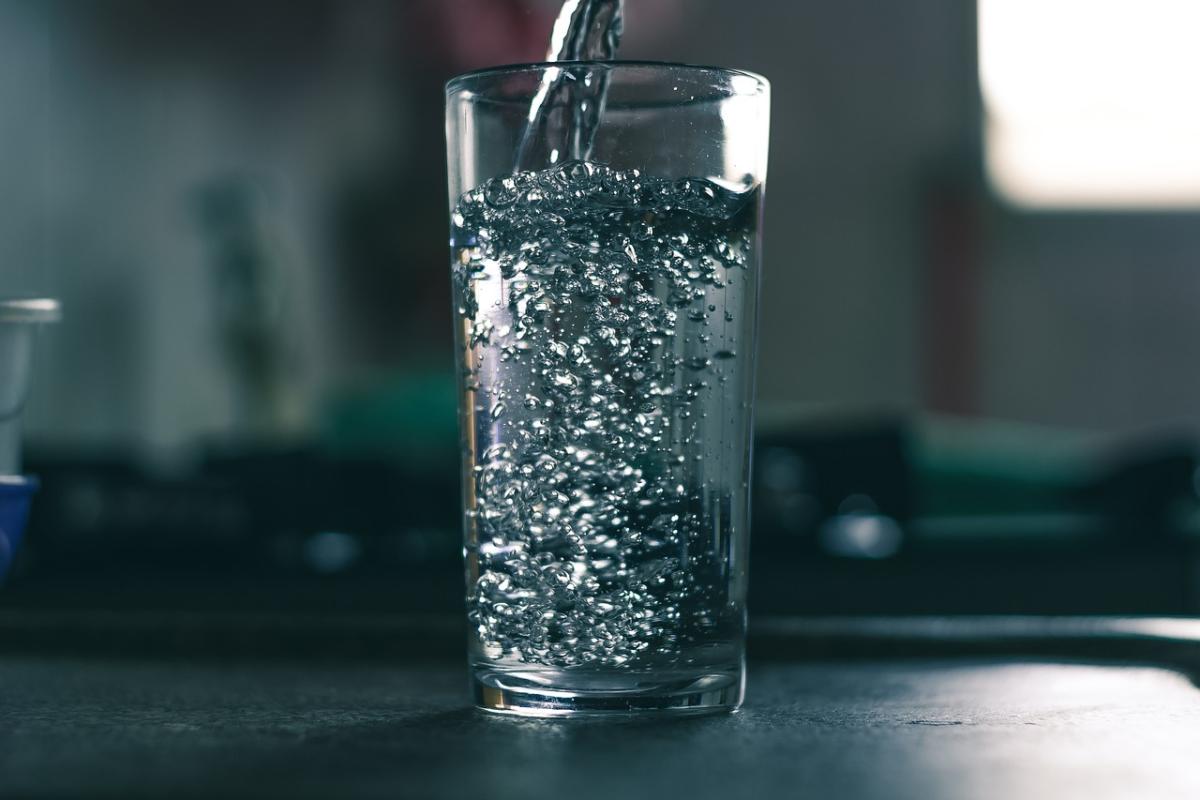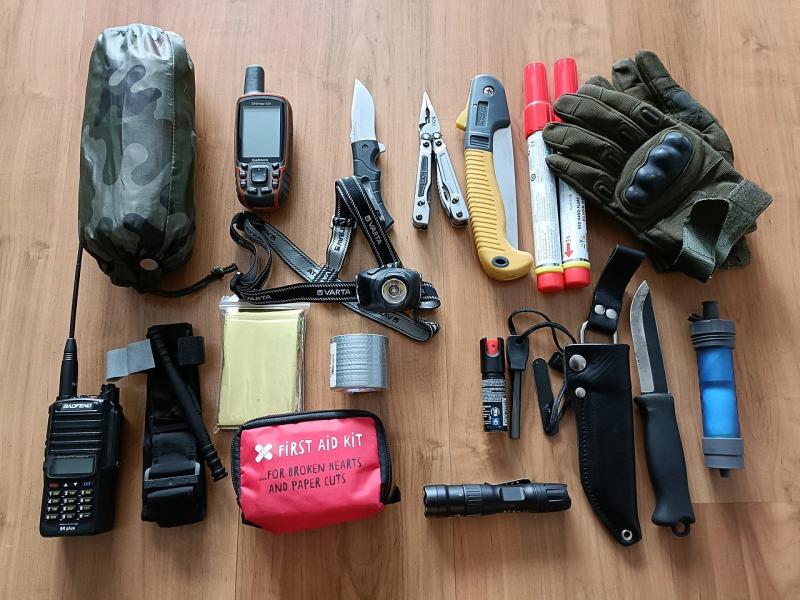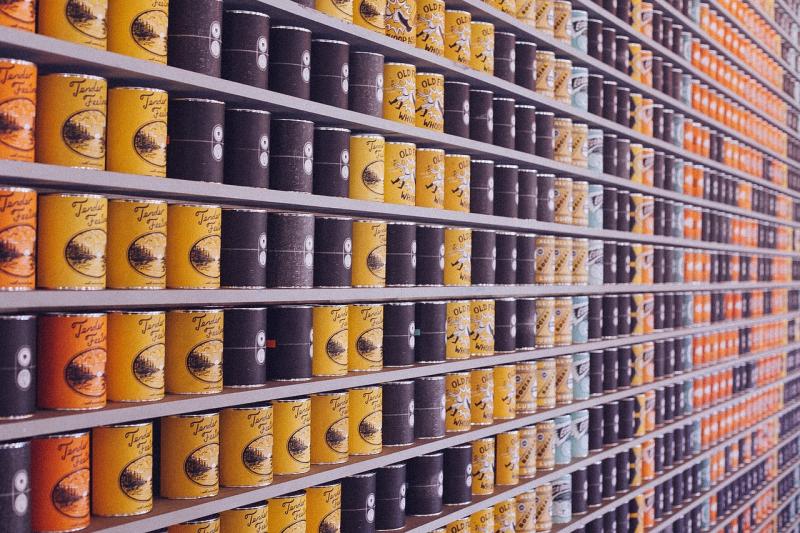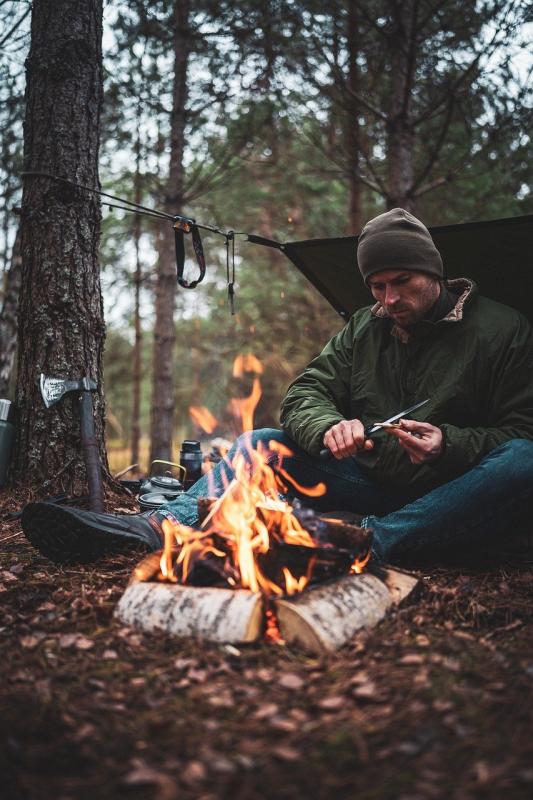When it comes to prepping, having a reliable water storage system is key. Fresh, clean water is vital during emergencies, so knowing the best ways to store it can really make a difference. Here are some practical tips to ensure you always have enough water when you need it.
First, consider using food-grade plastic containers. These are safe for water storage and won’t leach harmful chemicals. Look for containers specifically labeled for water storage, and avoid using old ones that held chemicals or other non-food items. Here’s a quick list of container options:
Next, try to keep your stored water in a cool, dark place. Sunlight can break down the plastic over time and promote algae growth, so basements or shaded areas are best. Make sure the area is also free from contaminants to keep your water as clean as possible.
It’s a good idea to rotate your stored water every six months. This helps to ensure that your water stays fresh. Mark your containers with the date you filled them, so you can easily track when it’s time to refresh your stock. Plus, you can make use of any older water in your garden or for cleaning purposes!
How to Choose Water Filters
When you're selecting a water filter, there are a few key things to keep in mind to ensure you’re getting the best for your needs. The first thing to consider is the type of contaminants you want to remove. Different filters tackle different issues, whether it's bacteria, chemicals, or sediment. Knowing what's in your water can really help narrow down your options.
Next up, think about the filter’s capacity. If you’re preparing for a long-term situation, you might want a filter that can handle larger volumes of water. Some filters are great for single-use or small groups, while others are designed for bigger families or situations where you'll need a lot of water quickly. Look for something that fits your lifestyle and preparation plans.
Portability is another important factor. If you’re planning to use the filter in various situations—like camping, bugging out, or keeping at home—you want something that’s easy to carry. Some filters come compact and light, while others might be bulkier but offer better purification options. Think about where you’ll use it most.
Lastly, check out the replacement costs and frequency. Some filters require more frequent changes and can get pricey over time, while others are built to last longer. Make sure you understand the ongoing costs before settling on a product. This way, you won’t be caught off guard when it’s time to get those replacements!
Emergency Water Purification Methods
1. Boiling
2. Water Purification Tablets
3. DIY Filters
4. Solar Disinfection
These methods are great to have in your back pocket. Always better to be prepared, right? With these tips, you can feel confident that you'll have clean water even when the unexpected hits!
Essential Water Containers for Prepping
When it comes to prepping, having reliable water containers is a must. You want something that keeps your water safe, is easy to carry, and holds enough for your needs. Here are some essential options to consider:
Think about your prepping style and how much water you need to keep safe. Sometimes, a mix of these options works best. Having various containers ensures you’re ready for anything!





